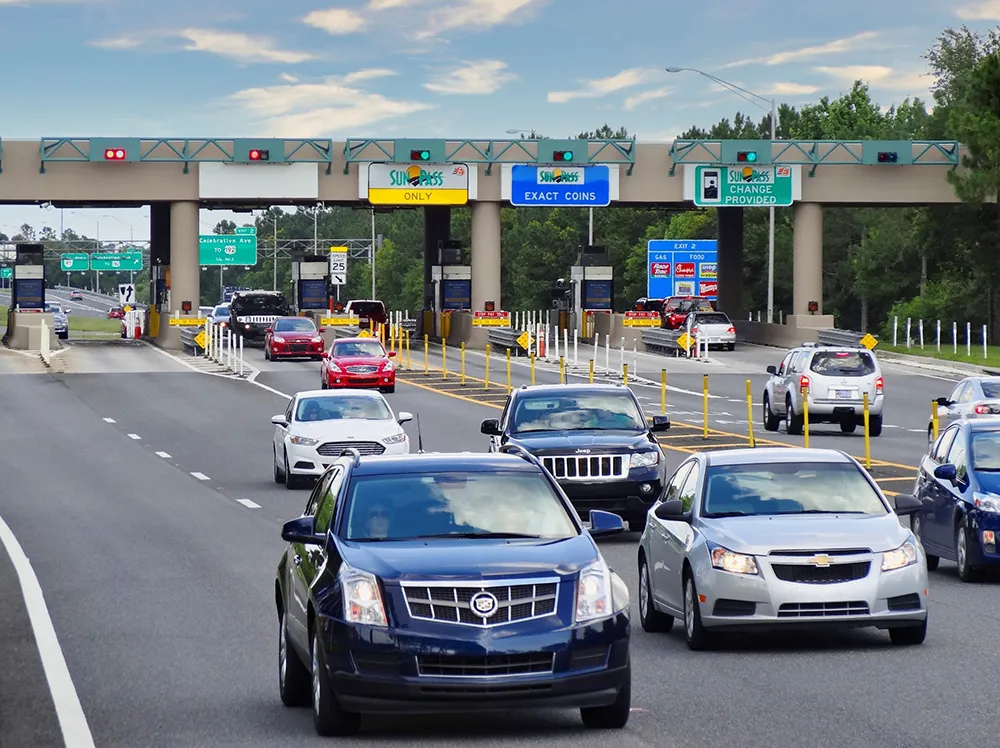The market for RFID transponders, readers, software, and services will generate US$70.5 billion from 2012 to the end of 2017. The market was boosted by a growth of $900 million in 2011 and the market is expected to grow 20 per cent YOY per annum. Government, retail, and transportation and logistics have been identified as the most valuable sectors, accounting for 60 per cent of accumulated revenue over the next five years. “To date, the automotive sector has been a strong proponent of RFID, largely for immo
April 17, 2012
Read time: 3 mins
The market for RFID transponders, readers, software, and services will generate US$70.5 billion from 2012 to the end of 2017. The market was boosted by a growth of $900 million in 2011 and the market is expected to grow 20 per cent YOY per annum. Government, retail, and transportation and logistics have been identified as the most valuable sectors, accounting for 60 per cent of accumulated revenue over the next five years.
“To date, the automotive sector has been a strong proponent of RFID, largely for immobilisation and keyless entry,” says5725 ABI Research group director John Devlin. “However, penetration is already high and it will be constrained by the slower rise in automotive production volumes. As a result, it will lose status as a leading RFID market due to other established markets for RFID retaining excellent potential for further adoption. Retail in particular is set to experience very strong growth; in fact, it will become the single largest RFID sector in 2015.”
Efficiency and improved operational capability are the overriding goals behind this adoption. Retail growth is driven by the proven returns that item level tagging can deliver. Stock is less likely to get lost, shop floors better stocked, and the ordering process will get smarter. RFID will cross over into customer-facing services with NFC for product information and smart marketing.
Government is a high-value sector, with strong uptake of contactless/RFID in documents and credentials. However, the drive for increased efficiency in applications such as asset tracking, fleet management, personnel location, and security are increasing the sector’s acceptance and uptake of RFID solutions.
Transportation and logistics increasingly make use of the ability to accurately track and trace items and goods at item, pallet, and container level as service providers look to generate more detailed data for themselves and their customers. Also, smarter public transit systems are utilizing contactless ticketing as the basis for better managed and cost effective services.
ABI Research’s new study, “RFID Market by Application and Vertical Sector” provides a comprehensive overview and summary of the impact that the latest product launches, new entrants, and changing market dynamics will have on the future direction and evolution of the market. It provides an excellent introduction and guide for those new to the market, as well as a timely update for those experienced within the RFID market.
“To date, the automotive sector has been a strong proponent of RFID, largely for immobilisation and keyless entry,” says
Efficiency and improved operational capability are the overriding goals behind this adoption. Retail growth is driven by the proven returns that item level tagging can deliver. Stock is less likely to get lost, shop floors better stocked, and the ordering process will get smarter. RFID will cross over into customer-facing services with NFC for product information and smart marketing.
Government is a high-value sector, with strong uptake of contactless/RFID in documents and credentials. However, the drive for increased efficiency in applications such as asset tracking, fleet management, personnel location, and security are increasing the sector’s acceptance and uptake of RFID solutions.
Transportation and logistics increasingly make use of the ability to accurately track and trace items and goods at item, pallet, and container level as service providers look to generate more detailed data for themselves and their customers. Also, smarter public transit systems are utilizing contactless ticketing as the basis for better managed and cost effective services.
ABI Research’s new study, “RFID Market by Application and Vertical Sector” provides a comprehensive overview and summary of the impact that the latest product launches, new entrants, and changing market dynamics will have on the future direction and evolution of the market. It provides an excellent introduction and guide for those new to the market, as well as a timely update for those experienced within the RFID market.








